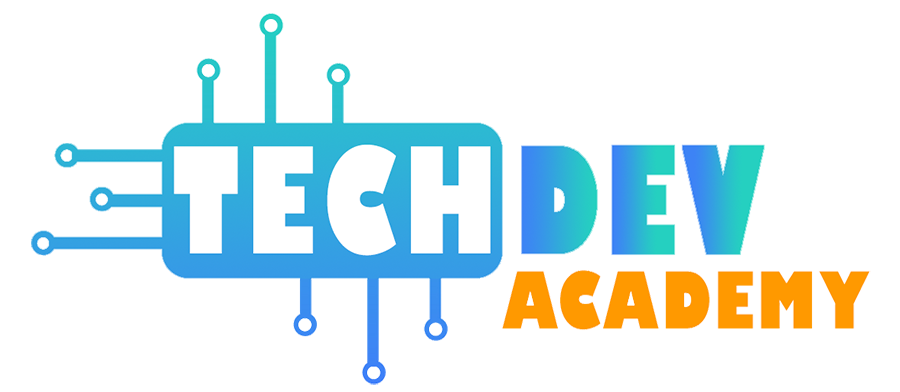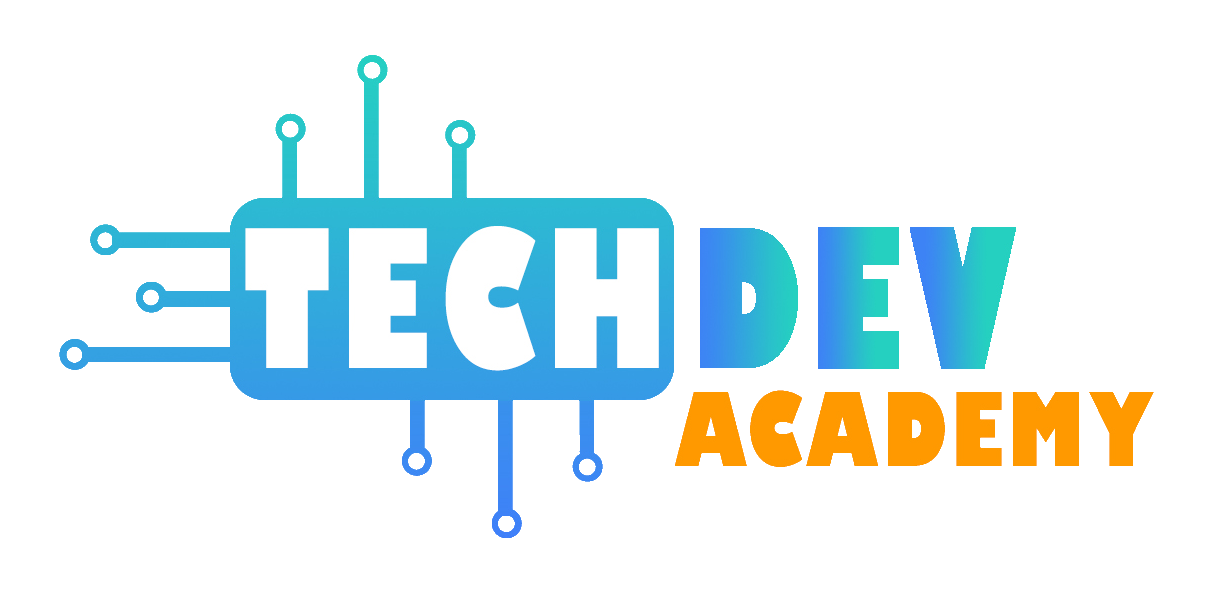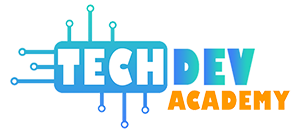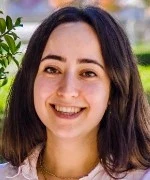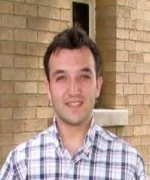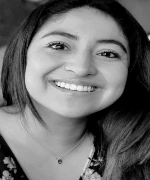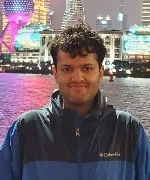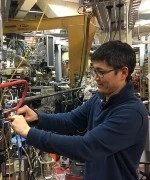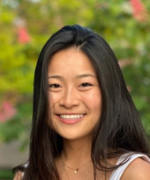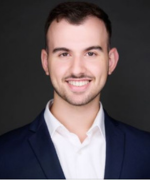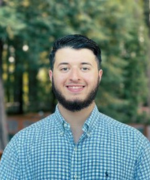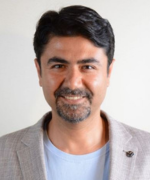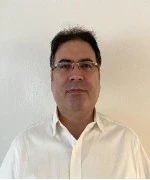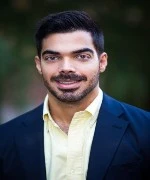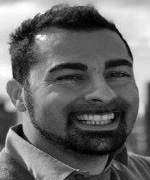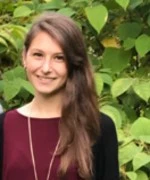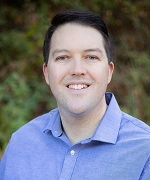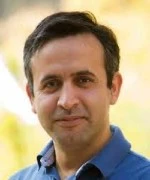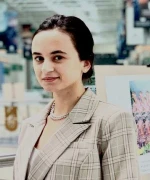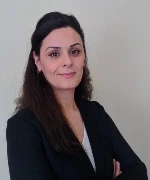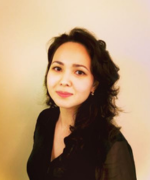SAT vs. ACT: Which One Should You Take?
As you approach the end of your high school journey and are heading toward college, there is an obstacle: the standardized entrance exam for college admission. This test is mandatory for entry into most universities, but there isn’t just one option available to you. You should choose between the SAT vs. ACT.
The SAT and ACT are the two most popular and widely accepted standardized tests. And when the question arises of choosing between the two, there are some things that you must consider before deciding whether you want to go with SAT or ACT. SAT is not for everyone, nor is ACT.
Each student should evaluate their aptitude before making the decision. For the same reason, we have compared SAT vs. ACT; their format, style, and all other aspects in detail.
After reading this blog post, you’ll feel much less stressed and capable of deciding which test to take.
SAT vs. ACT: Test Formats
The SAT (Scholastic Assessment Test) consists of four segments with an optional essay part:
- Reading
- Writing/Language
- Maths(no calculator)
- Maths( calculator)
- Essay writing(optional)
You’re given a break between the reading and writing section and one between two maths segments. There’s also a break just before the essay segment. The number of questions in each section is:
- Reading: 52 questions
- Writing/Language: 44 questions
- Maths (without calculator): 20 questions
- Maths (with calculator): 38 questions
Most of the questions are multiple-choice based. In the maths section, however, there are some grid-in questions where you must provide the answer.
The ACT (American College Testing) also has four sections, along with an optional essay:
- English
- Maths (calculator allowed)
- Reading
- Science
- Essay writing (optional)
There’s a break between the reading and science sections and also after the science section and before the essay part.
The number of questions in each section is as follows, with all questions in multiple-choice format except for the essay part.
- English: 75 questions
- Maths: 60 questions
- Reading: 40 questions
- Science: 40 questions
Timing Differences
The SAT provides more time per section than ACT, but the questions on the SAT can be trickier, requiring more time to answer.
The total test time for the complete test is 3 hours, with 50 extra minutes for optional essay questions. The time allotted for each sections is as follows:
- Reading: 65 minutes
- Writing/Language: 35 minutes
- Maths (no calculator): 25 minutes
- Maths (with calculator): 55 minutes
- Essay (optional):50 minutes
ACT allows less time per section, but the questions are mostly straightforward. The time for each section in ACT is:
- English: 45 minutes
- Maths: 60 minutes
- Reading: 35 minutes
- Science: 35 minutes
- Essay (optional): 40 minutes
Command of Evidence Questions-Difference in the Reading Section
The reading sections of both exams assess your ability to infer information from passages. However, there is a difference in the way evidence-based questions are presented.
The SAT reading section has a sub-section that asks you evidence-support questions. A passage is provided, and the candidate is supposed to read it, interpret it, determine the best evidence, and understand how the author uses evidence to support a claim. The students use their understanding to answer a set of questions in chronological order regarding the passage.
In contrast, the ACT doesn’t have any such sub-section in the reading section. A passage is provided, and questions are asked in random order. The answers are usually simply available in the text; you merely need to rephrase them.
The Difference in Mathematics Assessment
The SAT has two maths sections, one allows a calculator and another where a calculator is not permitted. This section tests students heavily on algebra and provides students with some reference guides and mathematical formulas that students can benefit from.
The ACT has a more significant section dedicated to maths. It also tests significantly on algebra, but unlike SAT, it has geometry and trigonometry problems to solve. You are allowed to use a calculator for all the questions. In contrast to SAT, it doesn’t provide any reference material.
Even though calculators are allowed in ACT, the time provided per question is much less than SAT. The maths section of the ACT is much more complex than SAT.
An important point to consider here is that maths scores constitute half of the total scores in the SAT exam, equivalent to 800 points. In contrast, the math portion of the ACT counts only for a quarter of the overall test score.
Additionally, the SAT provides formulas while the ACT doesn’t. You must memorize the formulas and remember when they should be applied.
Exclusive Science Section in the ACT
Both tests have reading and writing sections, but the science section is unique to ACT.
Although not tricky, this section requires some understanding of biology, chemistry, and physics.
You can answer the questions by just comprehending the paragraphs provided to you.
Difference in Essay Writing
Essay writing is an optional question in both exams.
In SAT, you are given a writing prompt: an excerpt from a book, a speech, or something similar. Your task is to analyse the essay and elaborate on the author’s point of view without giving personal opinions. You demonstrate how the author has used different rhetorical devices to make their point.
In the ACT essay question, you are provided with a topic and a point of view, and you have to write an argumentative essay using your knowledge and opinions to demonstrate why you support or oppose a particular idea.
SAT vs. ACT: Costs
The cost of taking SAT is
- $46 without an essay
- $60 with essay
Additional fees may apply in some situations, such as late registration or changing test centres. The College Board also offers fee waivers which you can learn about on their website.
ACT costs
- $66 without essay
- $91 with essay
Like SAT, the ACT also has a waiver program, and you can see if you qualify for it on their website.
Difference Between Test Scores
In the SAT, the reading and writing sections are allocated 800 points. The maths section is also assigned 800 points. Both of them scored from 200-800 points. The scores of each unit are added, and you get a total score somewhere from 400-1600, where 1600 is the highest possible SAT score. The essay is evaluated on a scale of 2-8; its scores don’t count towards the overall SAT scores.
While in the ACT, each of the mandatory four sections is allotted 36 marks, and the total ACT score is the average of all four areas on a scale of 1-36. The essay is scored from 2-12 according to the analytic scoring rubric, and its scores also don’t affect the final result.
SAT or ACT?: Which Test Should You Take
The question that most senior high schoolers have is which one is better and which test they should take. If your school only allows SAT or ACT, you have no alternative. But in most cases, you have the opportunity to choose. The simple answer to this question is that neither test is inherently better. It all comes down to your abilities and which test will be better with your strengths.
Both tests provide a passage in the English section and ask you to answer 10-11 questions. SAT gives you 13 minutes per passage, while ACT offers you 8 and 45 seconds. But, the questions asked on SAT are inference based and slightly more challenging than the ACT questions, which are straightforward.
Another crucial factor to consider is your reading speed. If you have a slow reading speed, ACT might not be for you. But if you read fast, you should determine whether you can understand the passage and deduce answers. If yes, then SAT is for you. If not, go for the ACT, which has easy questions.
Another important point that you should take into account is your maths skills. The SAT places a greater emphasis on math, with math constituting 50% of the test, while the ACT assigns 25% to math and an exclusive science portion.
If you are adept at maths, go for the SAT. But if maths isn’t for you, then probably ACT isn’t either. One more thing is that the SAT maths portion is easier, while ACT is a bit harder.
So keep that in mind while making the decision. ACT also has a science potion that asks you to interpret graphs, charts, etc., but it’s relatively easy, and you can prepare it without much trouble.
Although you theoretically know all about SAT vs. ACT, the best way to determine which one you should go for is by taking practice tests. There are many practice tests available online. Set a timer according to the timing of each section we described above and take a test. This approach will help you assess your reading, math, and science skills, enabling you to make an informed decision about which test is most suitable for you.
